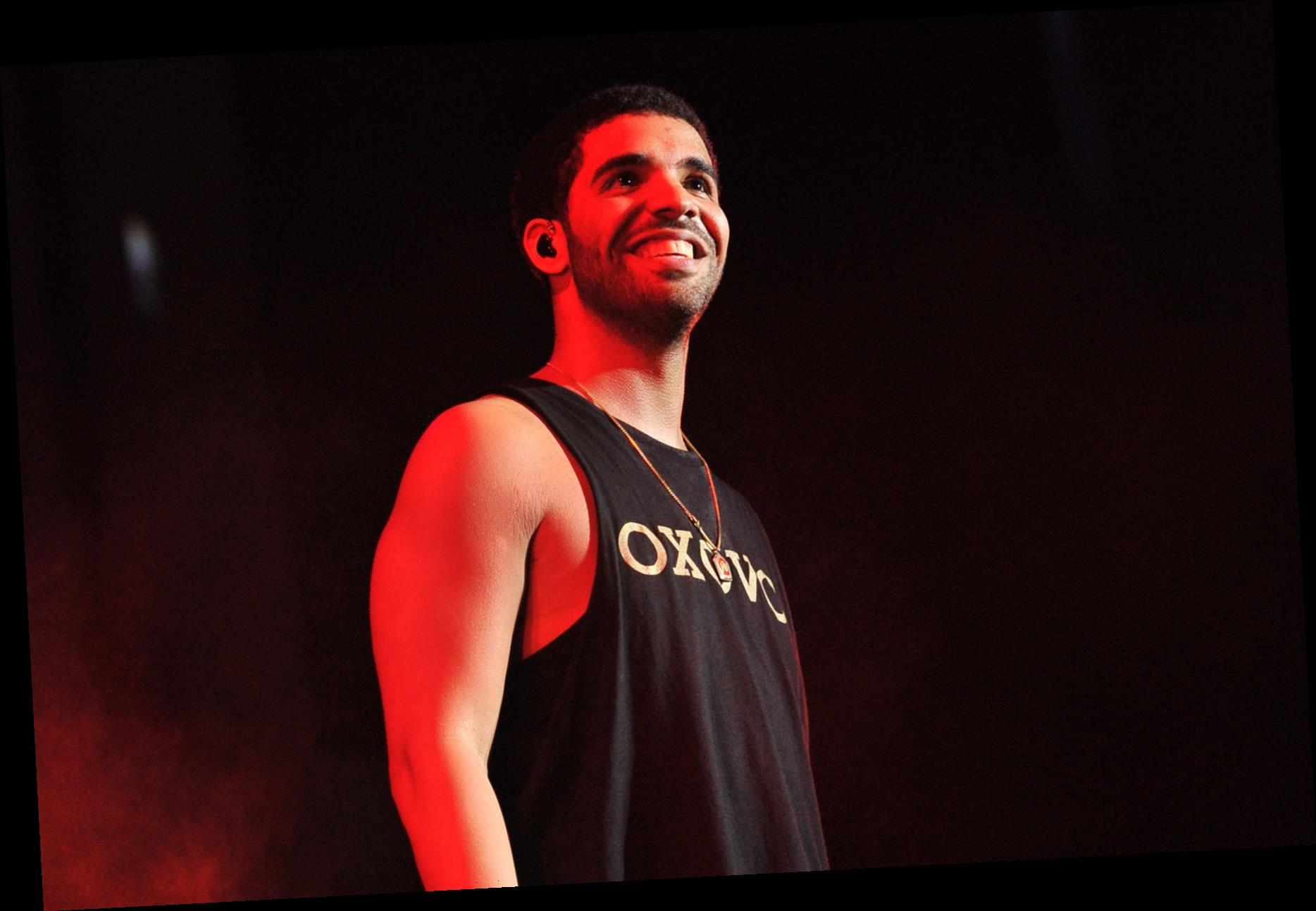As part of our newly updated survey of the 500 Greatest Albums of All Time, we’re publishing a series of pieces on the making and impact of key records from the list. Drake’s Take Care came in at number 95.
So many artists have borrowed or copied the template of Drake’s Take Care that the boldness of the original is easily forgotten. Today, Take Care is like breathing — something we take for granted.
Now nearly every singer raps, and nearly every rapper sings. Rappers stew in gloom and regret and ambivalence, realizing these emotions are every bit as potent as triumph and jubilation and certainty, if not more so. Singers revel in the dissonance between their tone — slightly deflated, bleary-eyed — and lyrical content, often fiercely frustrated or horny.
Drake wasn’t the first person to employ these techniques, but few have made them so palatable to so many listeners. Even at its most vindictive — “I’m just saying you could do better,” Drake sings, guilt-tripping an ex via drunk-dial — Take Care goes down smooth, a sweet cocktail hiding a vicious spirit.
After rushing from his breakout EP So Far Gone to his debut album Thank Me Later, which came out less than a year later, Drake was able to spend 17 months perfecting Take Care. “We had a little bit more of an opportunity to stay home this time,” said the producer Noah “40” Shebib, Take Care‘s chief architect. And thanks to some commercial success, “we really didn’t have any limits,” the producer added. “We could kinda do whatever we want[ed].”
Related
Alessia Cara on Amy Winehouse's 'Back to Black': 'She Just Laid It All Out'
Rolling Stone 500: Radiohead's Futuristic Breakthrough 'OK Computer'
Related
Robin Williams: The Triumphant Life and Painful Final Days of a Comedic Genius
The 500 Greatest Albums of All Time
This is reflected in Take Care‘s plethora of prominent samples, from SWV’s “Anything” to Gil Scott-Heron’s “I’ll Take Care of You,” and in the album’s blurring of song structure, the way “Marvin’s Room” oozes into “Buried Alive Interlude” and “Cameras” dissolves into “Good Ones Go Interlude.” Drake was also able to nab Stevie Wonder to play harmonica on the melancholy outro of “Doing It Wrong,” a cameo so classic that it’s actually audacious, and he scored a tongue-twisting verse from the mercurial rapper Andre 3000.
The extra time also meant that Drake and Shebib were able to perfect their seamless blend of hip-hop and R&B to the point where they could even switch between the two mid-syllable. R&B was one of the threads that initially connected the two men, who bonded over “everything from SWV and Jon B to Silk and Playa. … Even Tank, that intro off Sex, Love, and Pain, that kind of slow R&B vibe that lasts.” This is sticky sweet music that was all too often ignored by rappers because it sounded so vulnerable, and by critics because it sounded so damn slick.
But that plangent, pretty sound is actually a natural companion for bluster; it makes the boasts on album opener “Over My Dead Body” and the come-ons that litter “Cameras / Good Ones Go Interlude” sound like odds-defying acts of heroism. And when Drake does go in for classic chest-puffing — “We’ll Be Fine,” with its impossibly low bass line, or “HYFR (Hell Ya Fucking Right),” which has the best curse-chant hook since D’Angelo’s “Shit, Damn, Motherfucker” — it hits that much harder, like a blackjack hidden inside a plush pillowcase.
When Shebib got the final master for Take Care, he took his car for a spin to play the album and began to cry. “It’s the weirdest experience for me,” he told Rolling Stone. “I’m so emotionally beat up, exhausted, rained, stressed, tired — and then proud and happy that we actually did it.”
Source: Read Full Article



